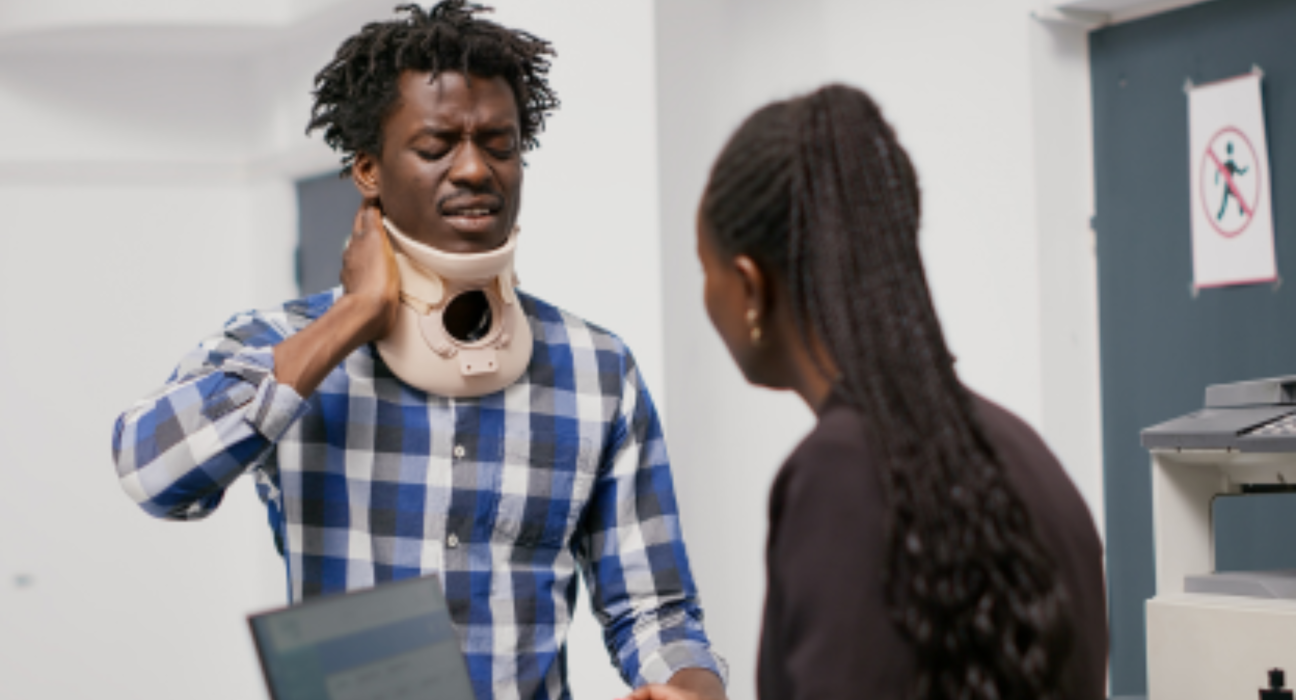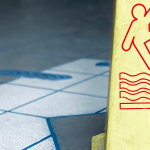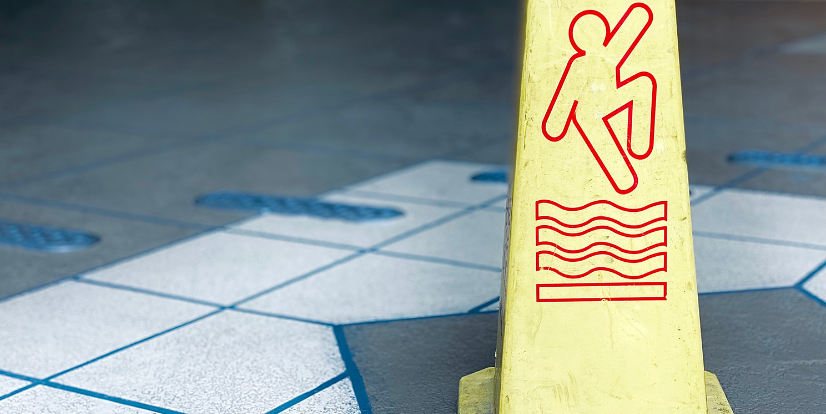Did you know that around 1 million people experience whiplash from accidents each year? Whiplash is a common injury resulting from car accidents, and it often goes unnoticed until the symptoms intensify. Although seatbelts have reduced the severity of whiplash injuries, they remain prevalent after car accidents, particularly in rear-end collisions.
In this article, we’ll discuss what whiplash is, its causes, symptoms, and how to manage it after a car accident or other incidents such as slip and fall accidents.
What Is Whiplash?
Whiplash, also known as a cervical sprain, is a type of neck injury caused by the rapid forward and backward movement of the neck, typically due to a sudden impact. This acceleration-deceleration injury primarily affects the muscles, discs, and tendons in the neck. While many people recover fully within a few weeks, some may experience chronic pain and long-term effects.
What Causes Whiplash?
Whiplash is commonly associated with high-speed incidents where there is a sudden change in motion. The most frequent causes of whiplash include:
- Car accidents (especially rear-end collisions)
- Motorcycle or bicycle accidents
- Roller coaster rides
- Contact sports (such as football, soccer, and rugby)
- Slip and fall accidents
Even seemingly minor incidents, like a slip and fall accident or awkward neck posture, can result in a whiplash injury.
What Are the Symptoms of Whiplash After a Car Accident?
Whiplash symptoms can vary depending on the severity of the injury. The Quebec Classification of Whiplash-Associated Disorders (WAD) categorizes whiplash into different grades, ranging from mild discomfort to severe neurological symptoms. Here’s a breakdown of the symptoms based on these grades:
Grade 0:
- No symptoms: Individuals do not experience any pain or tenderness.
Grade 1:
- Mild pain: Slight discomfort or tenderness when moving the neck.
Grade 2:
- Moderate symptoms:
- Pain radiating from the neck to the head, shoulders, or upper back.
- Muscle spasms: Difficulty turning the neck.
- Visible signs of injury such as swelling, bruising, or sensitivity to touch.
Grade 3:
- Neurological symptoms:
- Weakness in muscles.
- Numbness in the neck, shoulders, or upper arms.
- Sensations like burning, tingling, or “pins and needles” (paresthesia).
- Headaches.
- Vision problems: Difficulty keeping your eyes stable when moving your head.
- Difficulty swallowing (dysphagia) or speaking (dysphonia).
- Dizziness or vertigo.
Grade 4:
- Severe symptoms: The same neurological symptoms as Grade 3, but more intense and may include fractures or dislocations.
How Long After a Fall or Accident Should You Be Concerned?
If you’ve experienced a whiplash accident, either from a car accident, a slip and fall, or another traumatic event, it’s important to monitor your symptoms. Seek medical attention immediately if you experience:
- Persistent neck pain or discomfort.
- Headache or dizziness.
- Numbness or weakness in your arms.
- Any neurological symptoms like vision changes or difficulty swallowing.
Even if symptoms seem mild, it’s crucial to get a medical evaluation after an accident. Sometimes, symptoms can appear hours or even days after the accident, making it important to stay vigilant.
What Happens to Your Body After a Whiplash or Slip and Fall Accident?
After a significant fall or accident, your body may experience:
- Broken bones: Fractures in the wrist, arm, ankle, or hip are common.
- Neck and spine injuries: Whiplash can cause damage to the soft tissues of the neck, leading to long-term pain if untreated.
- Neurological effects: In more severe cases, whiplash can lead to nerve damage, causing symptoms like numbness and tingling.
Injuries from accidents can also affect a person’s mental well-being. The fear of future falls or accidents may cause individuals to limit their daily activities, which can lead to further health complications.
How to Recover Quickly from a Whiplash Injury After an Accident?
To recover quickly from whiplash or similar injuries after a car or slip and fall accident, follow these steps:
- Consult a healthcare provider: A doctor will evaluate the severity of your injury and may recommend rest, medication, or physical therapy.
- Follow the prescribed treatment plan: For mild cases, over-the-counter pain relief such as NSAIDs (ibuprofen) or acetaminophen can help manage discomfort. For more severe injuries, a doctor may recommend muscle relaxants or physical therapy.
- Physical therapy: Targeted exercises to improve neck mobility and strengthen muscles may help speed up recovery.
- Use of a cervical collar: In some cases, your doctor may recommend using a cervical collar to limit neck movement and provide support while the injury heals.
- Rest and Ice: Applying ice to the affected area can reduce inflammation, and rest is essential for healing.
How Long Should Your Body Hurt After a Whiplash Accident?
Typically, pain from whiplash should subside within a few days to a few weeks, depending on the severity of the injury. If pain persists for more than six weeks, or if it worsens over time, consult your healthcare provider to assess whether additional treatment is needed.
Conclusion
Whiplash is a common and often overlooked injury following car accidents, slip and fall accidents, and other traumatic events. While some cases resolve with simple rest and pain management, others may require more intensive treatments such as physical therapy or specialized care. It’s essential to recognize the symptoms of whiplash early and seek medical advice to prevent long-term complications.If you or a loved one has experienced a whiplash accident and are seeking medical intervention, our team at Know Your Health can help you find the best healthcare providers near you for whiplash management and recovery.






